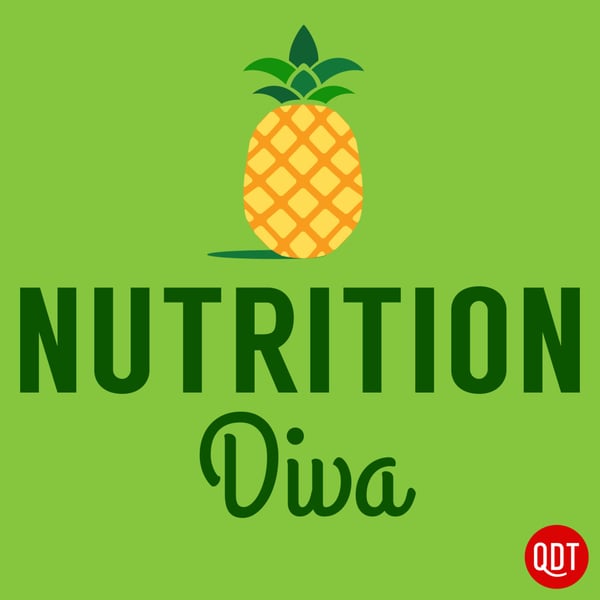545 - Is Red Meat Killing Us or Making Us Stronger?
Nutrition Diva
Macmillan Holdings, LLC
4.3 • 1.7K Ratings
🗓️ 15 October 2019
⏱️ 9 minutes
🧾️ Download transcript
Summary
Transcript
Click on a timestamp to play from that location
| 0:00.0 | Hello, I'm Monica Reinagel, and you're listening to The Nutrition Diva |
| 0:07.8 | podcast. Welcome. For the last two weeks, the nutrition world has been consumed by a rancorous debate triggered |
| 0:15.6 | by the publication of a highly controversial and hotly contested paper in the Annals of Internal Medicine. |
| 0:21.6 | An international team of researchers undertook what |
| 0:24.8 | their pitching as the largest and most rigorous analysis to date of the |
| 0:29.9 | effects of red meat consumption on human health. |
| 0:32.9 | According to their analysis, the evidence that current consumption is causing harm |
| 0:38.0 | or that reducing our consumption of red meat would lower risks is too weak and uncertain to justify the recommendation |
| 0:46.4 | that people should eat less red meat. This, as you might imagine, has provoked a massive counter-protest from the experts and |
| 0:54.9 | institutions that have been counseling us to eat less red meat. As they have been |
| 0:59.7 | telling any media outlet that will listen, the evidence linking red meat consumption to harm is |
| 1:05.4 | overwhelming and unambiguous and to suggest otherwise, they say, is not just an attack on public |
| 1:11.6 | health, but also on the public's trust in nutrition science and research. |
| 1:17.1 | At its heart, this argument is really about methodology, how we gather data, how we analyze it, and how that gets |
| 1:25.3 | translated into recommendations. Nutrition research is notoriously |
| 1:30.1 | challenging and expensive to conduct and interpret. It can take a really long time, |
| 1:36.0 | often decades, for our food choices to translate into health outcomes. The amount of calcium you get in your teens, for example, |
| 1:45.2 | directly affects your risk of osteoporosis, but not for another 70 years. A change in |
| 1:51.5 | diet may raise or lower your risk of colon cancer, but it might take 15 to 20 years for that to be revealed. |
| 1:59.0 | And then there's the fact that we don't all respond the same way to the same diets due to genetic and |
| 2:05.4 | epigenetic factors. In order to detect any signal in all that noise, you have to study |
| 2:12.1 | lots of people for a long period of time. |
... |
Please login to see the full transcript.
Disclaimer: The podcast and artwork embedded on this page are from Macmillan Holdings, LLC, and are the property of its owner and not affiliated with or endorsed by Tapesearch.
Generated transcripts are the property of Macmillan Holdings, LLC and are distributed freely under the Fair Use doctrine. Transcripts generated by Tapesearch are not guaranteed to be accurate.
Copyright © Tapesearch 2025.

